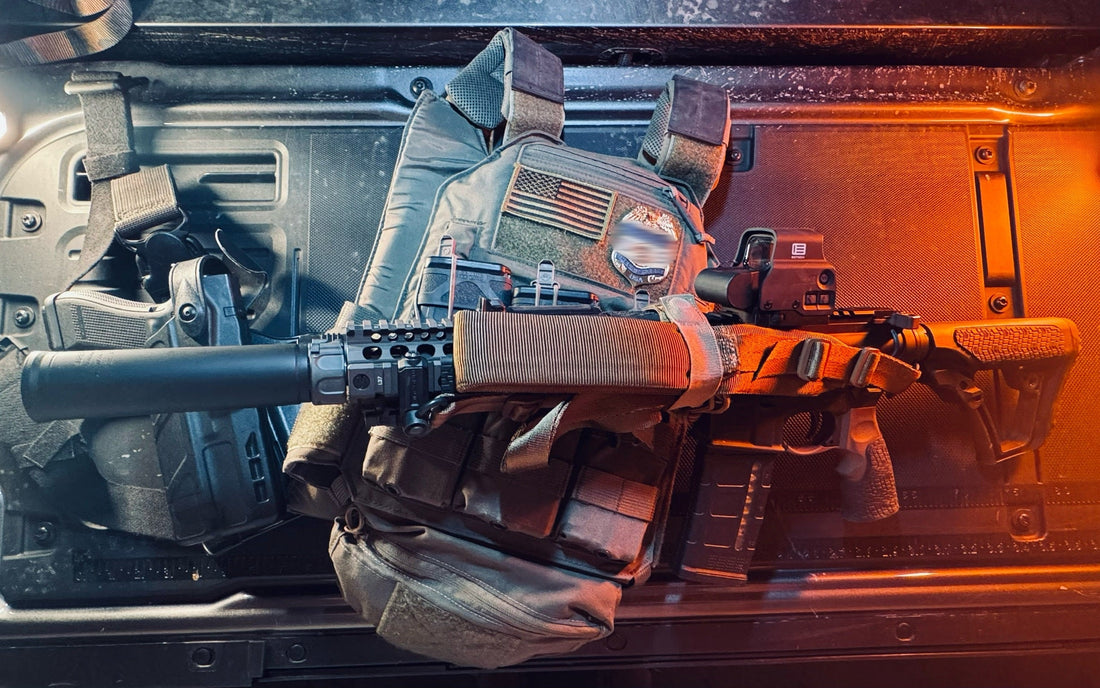
What Is a Federal Task Force Officer (TFO)? Understanding Their Role with the ATF and DEA
When it comes to federal law enforcement, interagency cooperation is essential. One of the most important ways this happens is through Task Force Officers (TFOs) — local or state law enforcement officers who work side-by-side with federal agencies like the ATF (Bureau of Alcohol, Tobacco, Firearms and Explosives) and DEA (Drug Enforcement Administration).

What Is a Task Force Officer (TFO)?
A Task Force Officer, or TFO, is a sworn local or state law enforcement officer who is assigned to a federal task force. While TFOs remain employees of their home agency (e.g., city police or county sheriff), they are deputized with federal authority and granted access to federal resources, intelligence, and jurisdiction.
TFOs are vital in bridging local knowledge with federal enforcement capabilities. They’re often embedded within federal units for extended periods and become trusted partners in long-term investigations and operations.

What Does an ATF Task Force Officer Do?
ATF TFOs focus on crimes involving firearms trafficking, violent criminal organizations, explosives, and arson. These officers:
- Assist in executing federal search and arrest warrants.
- Conduct surveillance and undercover operations.
- Leverage both federal and local laws to prosecute violent offenders.
- Work with ATF special agents on long-term gang and gun trafficking investigations.
ATF’s National Integrated Ballistic Information Network (NIBIN) is also a key resource TFOs may access to track firearm evidence across jurisdictions.
What About DEA Task Force Officers?
DEA TFOs are embedded in narcotics enforcement units focused on dismantling major drug trafficking organizations. They:
- Use federal wiretap and surveillance powers to target cartels and large-scale distributors.
- Work across state lines and even internationally.
- Help prosecute cases in federal court, giving local departments an edge in taking down high-level players.
- Gain access to DEA labs, intelligence, and financial investigation tools.
DEA TFOs often have critical roles in opioid task forces and fentanyl interdiction teams, especially in areas hit hard by drug-related overdoses and deaths.
Why TFOs Matter
The partnership between federal and local agencies allows for a multiplication of force — blending boots-on-the-ground knowledge with national-level resources and legal authority. For local officers, becoming a TFO is not only a badge of honor but a chance to work high-impact cases with major implications for community safety.
Gear & Identification
TFOs working with federal agencies like the ATF and DEA often wear gear identifying them as such. One popular and practical item is the ATF Flex Badge with Velcro, which provides secure, professional identification without risking loss of an issued badge — especially important in high-risk environments.
Want to upgrade your tactical vest with a professional, secure badge solution? Check out ATF Flex Badges with Velcro at PoliceOfc.com.

